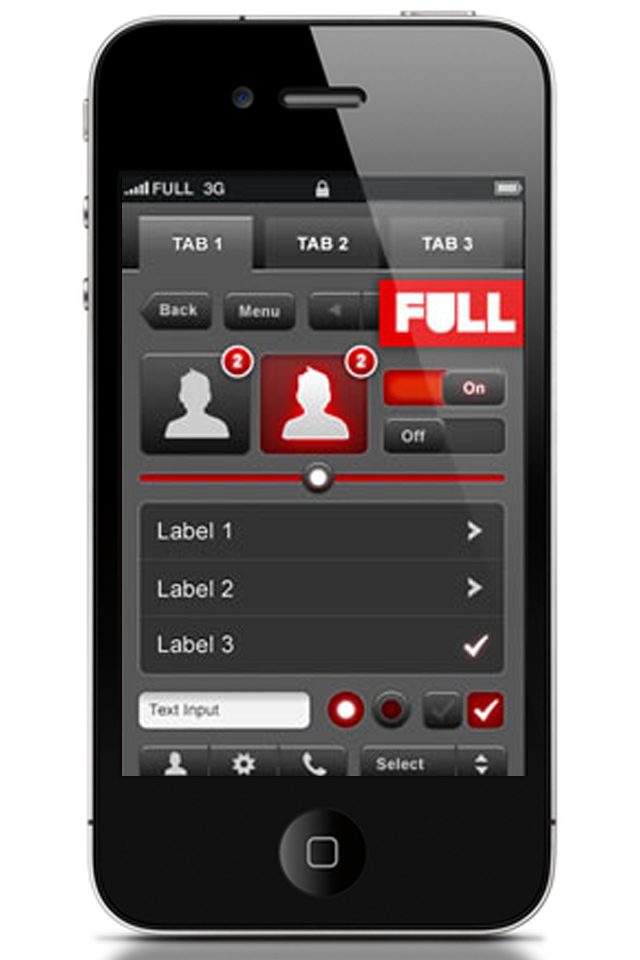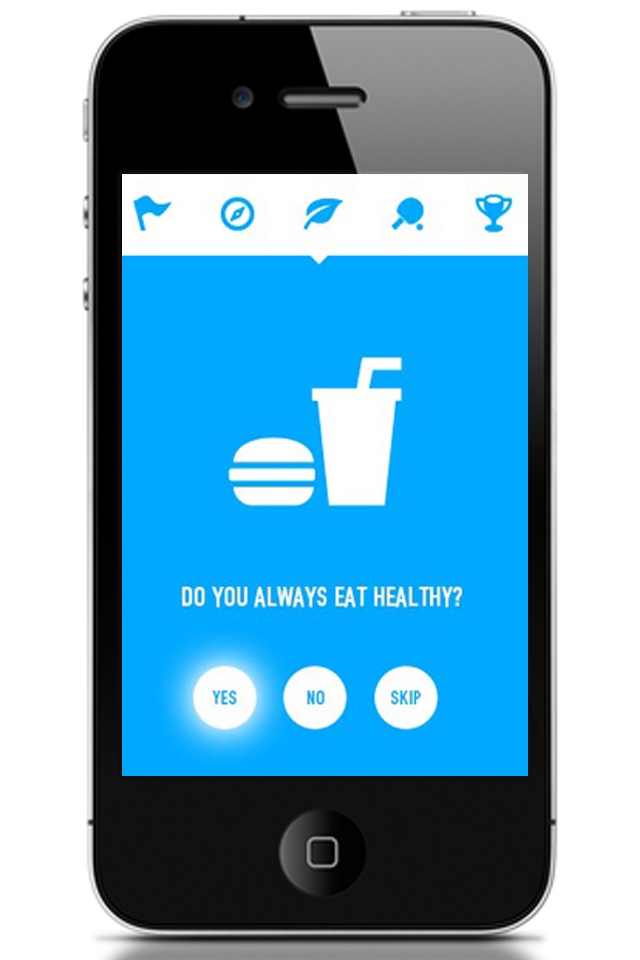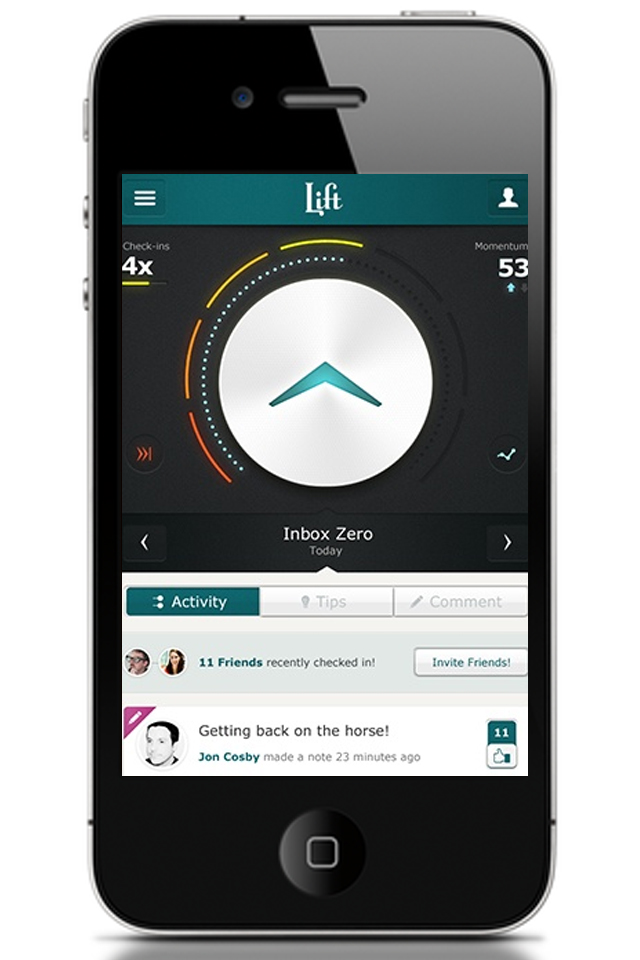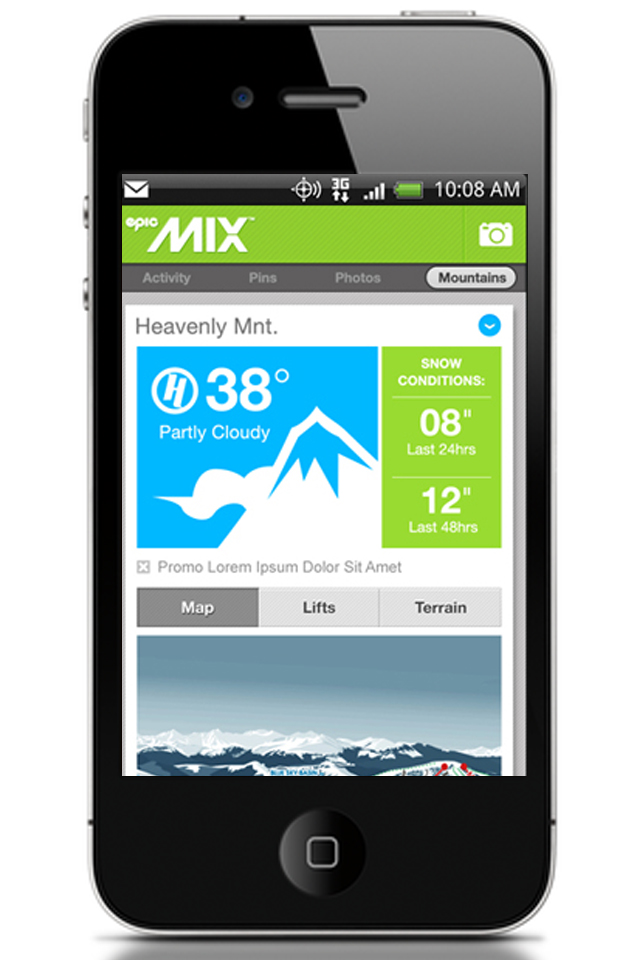
- Fully Responsive HTML/CSS3 Template
- Built on Bootstrap by Twitter
- Images and Photoshop Files Included
- Completely Free!
Compatible with iPhone and iPod touch. Requires iPhone OS 2.2 or later. WiFi, Edge, or 3G network connection sometimes required.
Requires Android 2.3 and higher. WiFi, Edge, or 3G network connection sometimes required.
About Mobile Apps Michael Richmond Digdev

Developing application software for mobile devices requires considering the constrains of these devices. Mobile devices run on battery and have less powerful processors than personal computers. Developers also have to consider a lengthy array of screen sizes, hardware specifications and configurations because of intense competition in mobile software and changes within each of the platforms.
Mobile application development requires use of specialized integrated development environments made. Mobile applications are first tested within the development environment using emulators and later subjected to field testing. Emulators provide an inexpensive way to test applications on mobile phones to which developers may not have physical access.
The term "app" has become popular, and in 2010 was listed as "Word of the Year" by the American Dialect Society. In 2009, technology columnist David Pogue said that newer smartphones could be nicknamed "app phones" to distinguish them from earlier less-sophisticated smartphones.
Mobile apps were originally offered for general productivity and information retrieval, including email, calendar, contacts, and stock market and weather information. However, public demand and the availability of developer tools drove rapid expansion into other categories, such as mobile games, factory automation, GPS and location-based services, banking, order-tracking, and ticket purchases. The explosion in number and variety of apps made discovery a challenge, which in turn led to the creation of a wide range of review, recommendation, and curation sources, including blogs, magazines, and dedicated online app-discovery services.
The popularity of mobile applications has continued to rise, as their usage has become increasingly prevalent across mobile phone users.[4] A May 2012 comScore study reported that during the previous quarter, more mobile subscribers used apps than browsed the web on their devices: 51.1% vs. 49.8% respectively.[5] Researchers found that usage of mobile applications strongly correlates with user context and depends on user's location and time of the day.
According to ABI Research the mobile app market will value at $27 billion in 2013.
Digdev Michael Richmond Quicklinks

BLOGS
Released on April 28th, 2012HELPFULL SITES
Released on January 28th, 2012- digdev michael richmond email marketing
digdev michael richmond appending services
digdev michael richmond business marketing
digdev michael richmond graphic design
digdev michael richmond marketing campaigns
michael richmond digdev mobile app
michael richmond digdev mobile marketing
michael richmond digdev reputation management
michael richmond digdev seo services
michael richmond digdev website design










